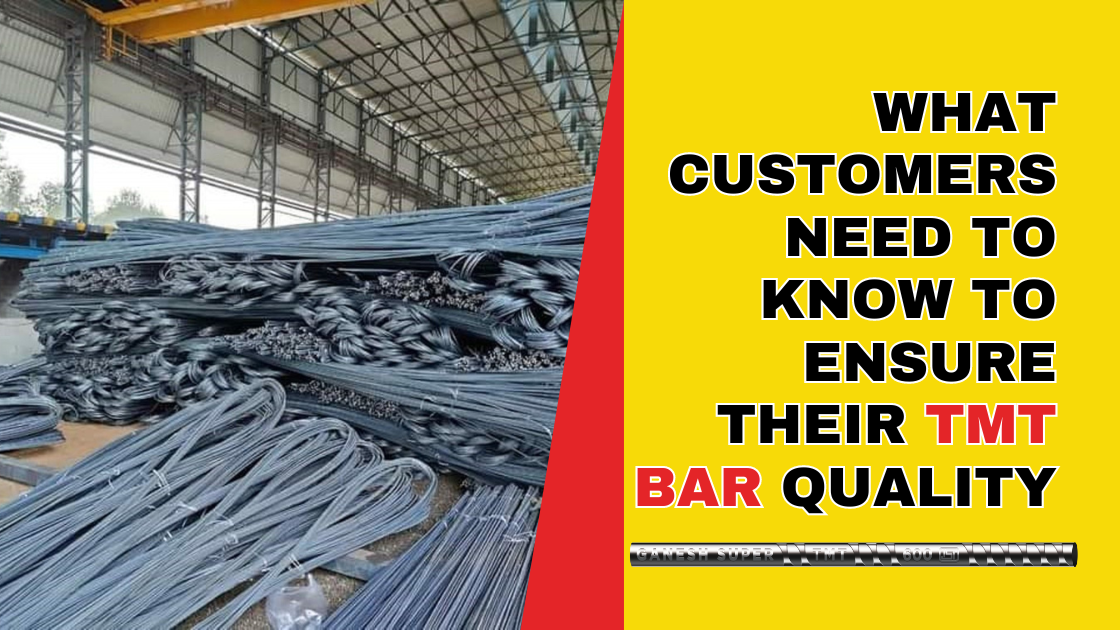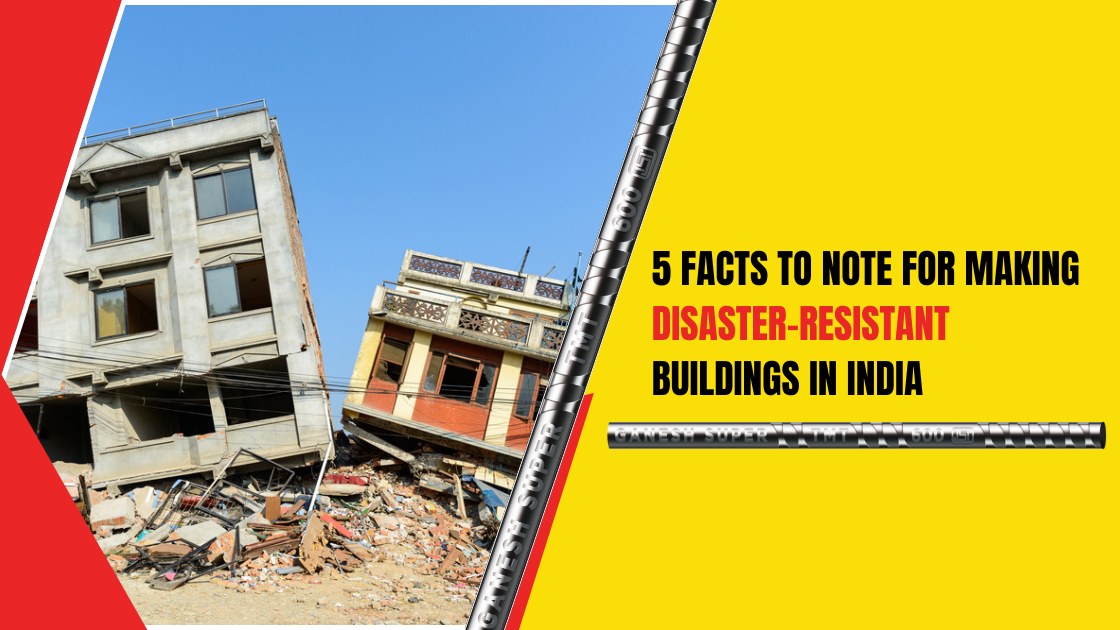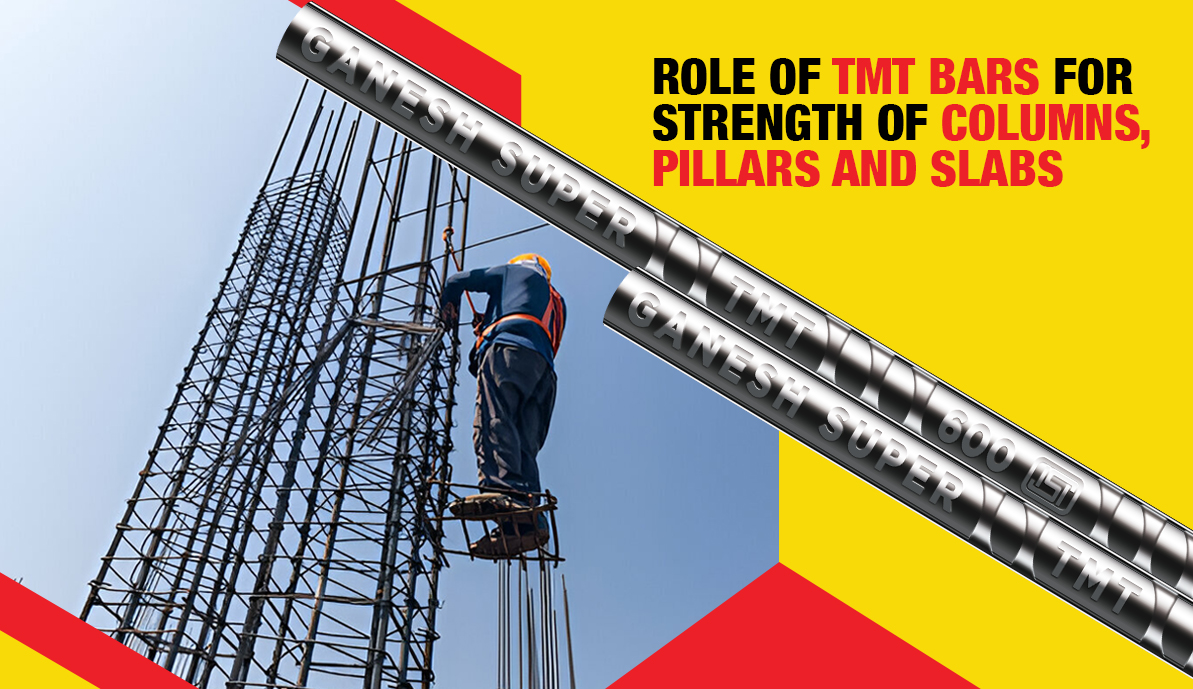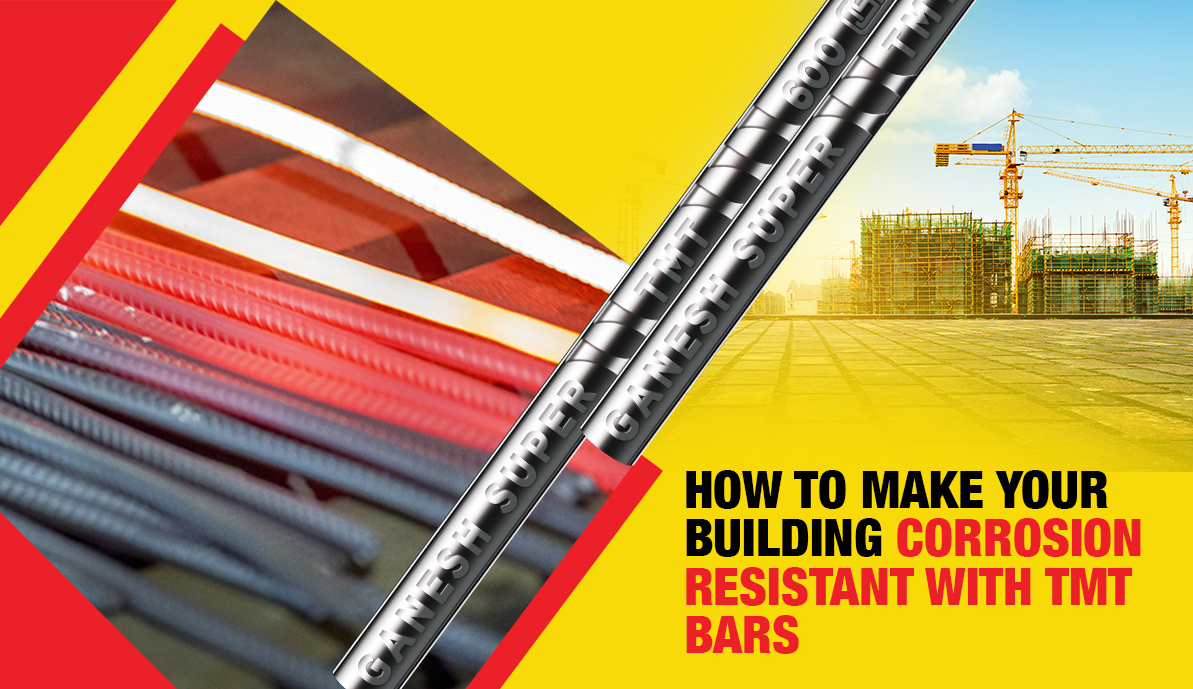TMT bars, or Thermo-Mechanically Treated bars, are essential components in construction projects worldwide. These bars are made of high-strength steel and are widely used to reinforce concrete structures like buildings, bridges, and highways. Their primary role is to enhance the structural strength and durability of these constructions.
Quality assurance plays a critical role in ensuring that TMT bars meet stringent standards for strength, ductility, and corrosion resistance. By adhering to manufacturing standards and undergoing rigorous testing procedures, TMT bars manufacturers guarantee structural integrity and safety in buildings and infrastructure. Without quality assurance measures, the risk of structural failure or collapse increases significantly, posing a threat to human lives and property. Therefore, understanding the importance of TMT bars and the need for quality assurance is paramount in ensuring the success and safety of construction projects.
Understanding Manufacturing Standards for TMT Bars
Manufacturing standards serve as benchmarks for ensuring the quality and performance of TMT bars during production. Two widely recognized standards are IS 1786, established by the Bureau of Indian Standards (BIS), and ASTM A615/A615M, developed by the American Society for Testing and Materials (ASTM).
IS 1786 outlines specifications for the manufacturing process, chemical composition, mechanical properties, and dimensions of TMT bars in India. It sets criteria for the percentage of carbon, sulfur, phosphorus, and other alloying elements, ensuring uniformity and durability in TMT bar production.
Similarly, ASTM A615/A615M provides standards for TMT bars used in the United States and other regions following American standards. It specifies requirements for the chemical composition, mechanical properties, and testing procedures, ensuring consistency and reliability in TMT bar performance.
Adherence to these manufacturing standards is crucial for maintaining the quality and reliability of the steel bars. It ensures that TMT bars meet specific criteria for strength, ductility, and corrosion resistance, essential for reinforcing concrete structures.
Quality Control Measures in TMT Bar Manufacturing
Quality control measures by TMT bars manufacturers are crucial to ensure that the final product meets stringent standards for strength, ductility, and durability. These measures encompass various stages of the manufacturing process.
● Raw Material Inspection
Rigorous inspection of incoming raw materials, such as billets or ingots, for chemical composition, surface defects, and dimensional accuracy.
Utilization of spectroscopic analysis, ultrasonic testing, and visual inspection to verify the quality of raw materials and identify any deviations from specifications.
● Hot Rolling
Continuous monitoring of the hot rolling process to ensure proper deformation and uniform distribution of alloying elements.
Control of rolling parameters, including temperature, speed, and pressure, to achieve the desired mechanical properties and grain structure in TMT bars.
● Quenching
Precise control of the quenching process to rapidly cool the TMT bars from high temperatures, imparting desired mechanical properties like strength and ductility.
Implementation of water jets or air cooling systems to achieve uniform quenching and prevent the formation of undesirable microstructures.
● Cooling Stages
Controlled cooling of TMT bars after quenching to relieve residual stresses and improve dimensional stability.
Monitoring of cooling rates and ambient conditions to prevent distortion or cracking of TMT bars during the cooling process.
Testing Procedures for TMT Bars
Testing procedures are essential in evaluating the quality and performance of TMT bars, ensuring they meet industry standards and specifications. These tests are conducted per relevant standards such as IS 1786 (Indian standard) or ASTM A615/A615M (American Standard) to ensure consistent quality and performance of TMT bars for use in construction applications.
● Tensile Strength Test
This test determines the maximum stress a TMT bar can withstand before fracturing.
TMT bars are subjected to axial tension until failure occurs, and the maximum load applied is recorded.
● Elongation Test
Elongation measures the percentage increase in length of a TMT bar before it fractures under tension.
The elongation is calculated by comparing the original length of the specimen to its final length after tensile testing.
● Bend Test
The bend test evaluates the flexibility and ductility of TMT bars by subjecting them to a specified bending radius.
TMT bars are bent around a mandrel of specified diameter, and any visible defects or cracks are noted.
● Rebend Test
This test assesses the ability of TMT bars to undergo repeated bending without fracture.
After initial bending, the TMT bar is straightened and then rebent in the opposite direction, and any signs of cracking or failure are observed.
Assessing TMT Bar Quality as a Customer
Assessing TMT bar quality as a customer involves several key steps to ensure the reliability and performance of the product:
● Checking Certification Marks
Customers should verify that TMT bars carry certification marks from recognized standards organizations such as BIS (Bureau of Indian Standards) or ASTM (American Society for Testing and Materials), indicating compliance with specified quality standards.
● Reviewing Test Reports
Customers should request and review test reports provided by TMT bars suppliers, which detail the results of mechanical tests such as tensile strength, elongation, and bend tests.
● Inspecting Physical Characteristics
Physical inspection of TMT bars is essential to detect any surface defects, cracks, or irregularities that may affect their structural integrity. Customers should visually inspect the bars for uniformity in shape, size, and surface finish.
● Assessing Corrosion Resistance
Customers should look for additional corrosion resistance properties in TMT bars, such as epoxy coatings or zinc coating, especially if the construction project will be exposed to harsh environmental conditions or corrosive elements like salt water or chemicals.
● Evaluating Supplier Reputation and Customer Support
Beyond product quality, consider the reputation of TMT bars suppliers for reliability, customer service, and after-sales support. A reputable supplier with a strong track record of timely deliveries can contribute to the success and smooth progress of construction projects.
Takeaway
Prioritizing quality assurance measures is paramount for ensuring construction projects’ structural integrity and safety. Customers are recommended to collaborate with reputable TMT bars manufacturers, who adhere to strict manufacturing standards and provide reliable products. By prioritizing quality and forging strong partnerships, customers can mitigate risks and ensure the success of their construction endeavors.





